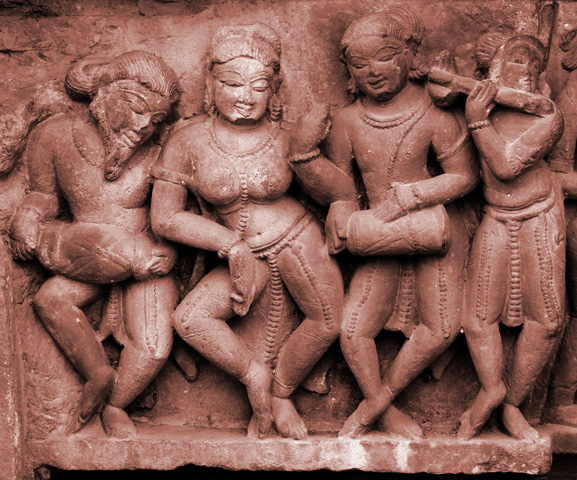Recently a friend, a sincere seeker, sent me a query on Quora: What is the difference of involvement, participation, and witnessing in relation to meditation? What is the difference between totality and concentration?
This is certainly a genuine question of all the seekers on the path. My response is based on my experience and my understanding: Witnessing can happen fully when we become totally involved—so much so that we are fully present in whatever we are doing. This is, in fact, the essence of participation when we are no longer a part but we feel oneness with whatever is happening. This is what happens in love. This is what happens when a person becomes a devotee. He or she dissolves into love. In this space of oneness, or call it non-duality, witnessing is at its peak. Being focused or fragmented, perception is also divided. Being whole, or holistic elevates the person to total perception. Happy Ho organizes best Meditation and Tarot classes in Noida and Delhi NCR area in India.
Focusing or concentrating means narrowing the consciousness, making it one-dimensional. This process does have its benefits if you are doing some scientific or mathematical work, but that is not the way of meditation or mindfulness.
Concentration is something that makes you and the object as separate—-a focussed light, as you do with a torch, penetrates the object, like an arrow moving towards the object. Totality is something as I have said above that you are not divided or separate, you become one.
Someone asked Osho: How are one-pointedness, concentration and meditation related to each other?
The enlightened mystic explained it so beautifully: One-pointedness, concentration and meditation are not related to each other at all. This is one of the confusions prevalent all over the world. One-pointedness is another name for concentration, but meditation is just the opposite of concentration. But in most of the books, in most of the dictionaries, and by the so-called teachers, they are used as if they are synonymous.
Concentration simply means one-pointedness. It is something of the mind. Mind can be a chaos, a crowd. Mind can be many voices, many directions. Mind can be a crossroads. Ordinarily, that’s what mind is, a crowd.
But if the mind is a chaos, you cannot think rationally, you cannot think scientifically. To think rationally and scientifically, you have to be concentrated on the object of your study. Whatever the object is, the one thing necessary is that you are pouring your whole mental energy onto that object. Only with this much force is there a possibility to know the objective truth; hence, concentration is the method of all sciences.
But meditation is totally different. First, meditation is not of the mind. It is neither one-pointed mind nor many-pointed mind; it is simply not mind. Meditation is going beyond, beyond mind and its boundaries. They cannot be related; they are opposite to each other. Concentration is mind and meditation is no-mind.
The master elaborates: The West, particularly, has not known meditation. It has remained confined to concentration – hence all scientific progress, technology – but it has not known the inner science of silence, peace, of being a light unto oneself.
One-pointedness can reveal the secrets of the outside world. Meditation reveals the secrets of your own subjectivity. It can be said, concentration is objective and meditation is subjective. Concentration moves outwards; meditation moves inwards. Concentration is going far away from yourself. Meditation is coming home to your innermost center. Mind, reason, logic, all point towards the outer – to them, the inner does not exist at all.
Osho tells us a fundamental law of the inner reality that nothing is ever accomplished in the inner world by a reasonable man. It is an irrational, or better to say suprarational approach – to know oneself you don’t need mind, you need utter silence. Mind is always concerned with something or many things. There are thoughts and thoughts, ripples upon ripples – the lake of the mind is never ripple-less. Your inner being can be reflected only in a mirror without any ripples. No mind – absolute silence of all thoughts, absence of the mind completely – becomes the mirror without any ripples, without even a single fluttering of thought. And suddenly, the explosion: you have become aware for the first time of your own being.





